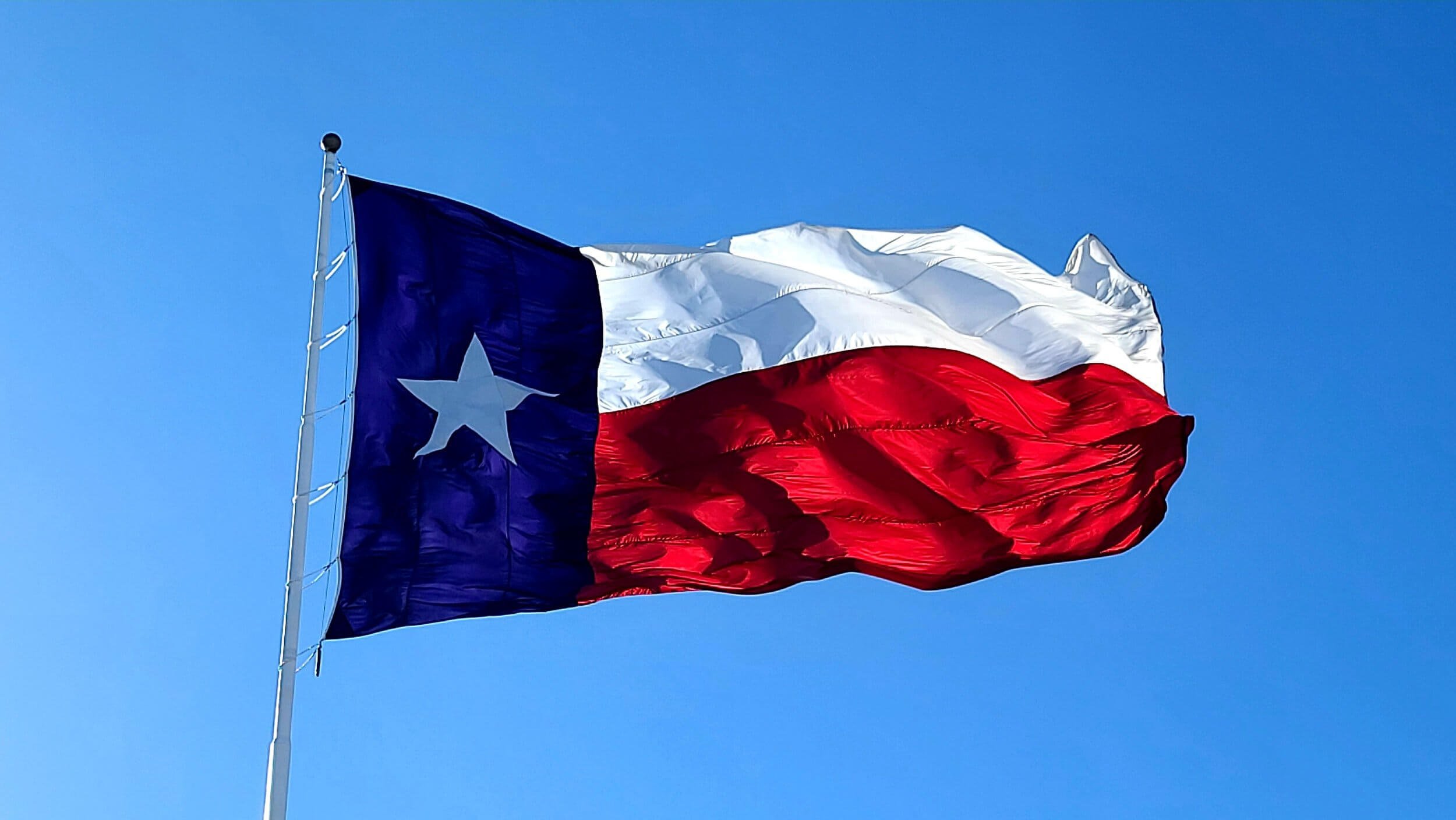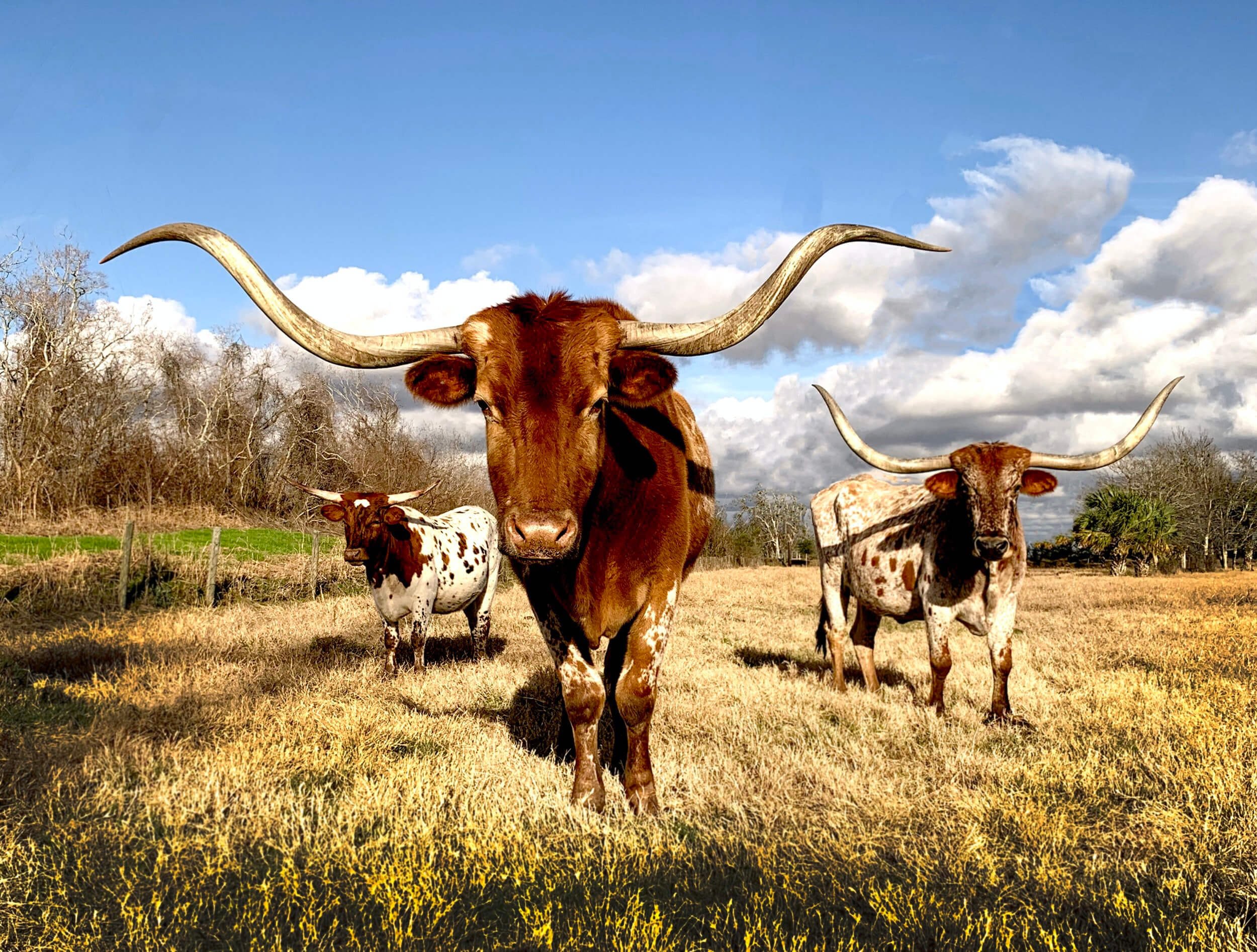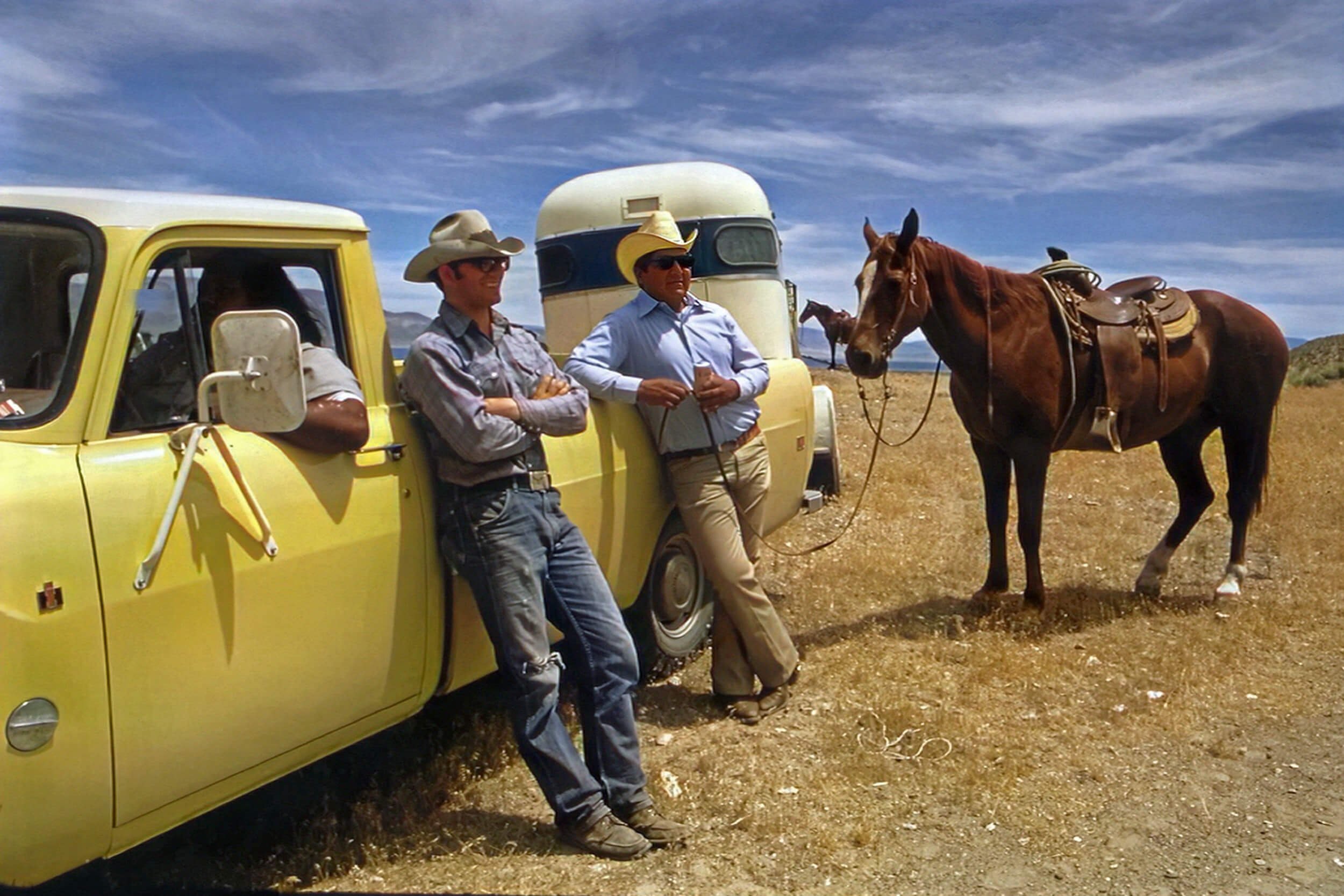Texas is widely considered one of the last and greatest bastions of freedom globally, certainly in the United States of America. However, according to our internal research, we know that a significant number of people from Texas are looking at our out-of-state car registration service. Why is that?
Now, let’s be honest: we are not talking about the lunacy that permeates California and New York when it comes to registering your car. Yet something about the Texas car registration process causes people to search for our services (not that we mind). With so many people moving to Texas, we decided to find out what it is about Texas’ car registration process that leads residents to seek out other options, namely the Dirt Legal out-of-state registration package.
This article is part of my series on the benefits of registering vehicles out of state. Make sure to check out the whole series!
Texit: The Mass Migration to Texas
Before we get into the nuts and bolts of the Texas State vehicle inspection program, it seems that we need to dive into exactly what has changed so much in the great State of Texas over the past few years.
One metric to explore is that of home sales and values. Between 2011 and 2020, the housing market in Texas exploded, seeing the sale of over 3 million homes. Of course, this is not all due to the influx of people moving to Texas. Not surprisingly, around three-quarters of these sales were in the most significant metropolitan areas of the State (D/FW, Austin-Roundrock, Houston-Sugarland, San Antonio).
According to the 2021 Texas Relocation Report, somewhere between 537,000 and 582,000 people moved to the Lonestar State in 2019. Yes, that is like the entire state of Wyoming packing up and moving to Texas.
It should come as no surprise whatsoever that the bulk of these people are coming from California, and it really should come as no surprise when you take all of the detractors of Cali into consideration. For one thing, the median price of housing in Texas has gone up about 76% over the past decade to $259,188, but median housing prices in California bounce around the $800,000 mark. No, that is not a misprint.
So even though Texas’ housing prices are certainly on the rise, they are still about 208% lower than California. And as you might expect, houses aren’t the only thing that’s cheaper in Texas.
What is the Draw to Texas?
Beyond the scenery? Okay, that was a bad joke. But seriously, compared to California, the most significant donor of residents to Texas, the Lonestar State is...lacking. It is hot, dusty, muggy, and full of rattlesnakes, scorpions, wild hogs, and alligators. And yet, it persists.
Not only does it persist, but it is flourishing. People are not generally inclined to move to an area without jobs. But Texas is not just doing well; it is exploding. In just a three-month timeframe in 2022, there were no less than 34 major businesses either relocating to Texas or expanding in Texas. Let’s take a look at a few of them:
Financial technology firm Green Dot has moved to Austin from Pasadena, California. This is no small feat; Green Dot has a market cap floating somewhere around $3.0 billion.
Artificial Intelligence software company SmartAction moved from L.A. to Fort Worth.
Wiley X, a famous manufacturer of protective eyewear, has moved from their Livermore, California, location to Frisco.
This list can go on and on since companies have been bailing out of Cali left and right for Texas. They are doing it for the same reason individuals have: out-of-control real estate costs and living costs for employees; blue-collar workers cannot afford to live in California.
Huge companies were headquartered in California because it was a massive state for a reason: people wanted to be there! And for an extended period, people were willing to look beyond what were becoming glaring issues because the weather is excellent, the beaches are fantastic, and the culture is unique.
Where Does It End?
But as with all things, there eventually comes a breaking point. But the strangest thing about California is that, despite losing about 182,000 in 2020, roughly 500 people per day, they seem to have no concern about hemorrhaging their population, which makes sense. Today, California is at over 39 million people, around 37% larger than Texas at 29 million. Even if every single person leaving Cali went straight to Texas, at the present rate it would take somewhere around three more decades for the two states to be dead even with each other, no other factors included. Since California easily comes in in the Top Ten GDPs globally, the state has little concern reading its many stances.
It should go without saying that Texas has stood ready to capitalize on this and has been making suitable on this promise for quite some time now. For one thing, the state income tax in Texas is 0%, whereas California has a fairly hefty state income tax rate of 13.3%. So even if the housing costs were anywhere close to each other, your dollar would stretch considerably farther just from this metric alone.
Don’t California My Texas.
I will be remiss if I mislead you, the reader, in thinking that the Californians flocking to Texas were of the strictly conservative bend because they are not. Native Texans have been somewhat less than enthusiastic about the purple hue that the Lonestar State is taking, which was already there thanks to its concentration of large cities.
Cities have traditionally been strongholds of progressivism, which is not a political statement but simply statistical truths. The urban areas of that state are where practically all of the growth in the state has been. Natives are predictably disturbed by the trends of Californians, and they would rather not see their tax bracket reflect California’s, and who could blame them? When you have grown used to zero income tax, it would be infuriating to see that all go up in smoke.
What Does This Have to Do With Texas Car Registration?
Directly, maybe nothing. Or perhaps it has everything to do with it; it is a slippery slope from a free state to another California, a slope paved in petty bureaucracies along the way. Then, finally, it ends up dead by a thousand paper cuts.
California was not always an enclave of progressivism that permeates the culture now. In fact, until 1992, it was a reliably Republican state. It is important to remember that California was once a heavily blue-collar state. It was a state that produced (and still produces) enormous amounts of food, built cars and airplanes, and maintained some of the busiest ports in the world.
Like it or not, a lot of the contributing factors for the blue wave of California are immediately transferable to Texas as well. They both share a considerable border with Mexico, bringing in many thousands of migrants, migrants who would often end up voting left.
Nothing particularly unique to California could just as quickly happen to the Lone Star State, and once it flips, it probably always will.
So, what can you realistically look for in a state that flips? In the case of Texas, you can expect that it will end up gradually losing the incentives that have made it so popular: no state income tax, tax-free groceries, or generally low cost of living. However, there are some areas of the state where you can feel burdensome regulation even more directly.
It’s About Money
Most Californians who have wisely fled California would (or at least should) agree that the car registration process, and especially the fees involved, in California are at the very least unrealistic. At worst, they are asinine, choking, and insane.
So why again is Texas coming up in our data as one of the highest instances of search volume for people seeking out-of-state car registration options?
Back to our original thesis, the registration process slowly mimics California's. Certainly in the sheer scope of madness, but here is a personal anecdote: I was stationed in Texas in the U.S. Air Force and tagged my car in the Lonestar State about twenty years ago. At the time, there was no state inspection requirement for your Texas car registration. However, a reasonably typical state vehicle inspection for all cars and trucks is required. And no, the nominal fee of $7.00 is not going to kill you, but it is that slippery slope to oblivion. It is a slippery slope that the Texas senate identified and even attempted to rectify by having the inspection program canned. But, ultimately, the study determined it “saved lives,” so it remains in place.
The Texas Inspection Process
So this brings us full circle, back to the Texas car inspection program. We can only assume that people look at out-of-state car registration services because the present program is becoming less tenable. To get ahead of things, we suggest our South Dakota registration program, which can also be paired with an out-of-state LLC to protect your assets. There are no inspections required in South Dakota, so you will be released from that requirement.
The Texas car inspection program is a mandatory part of the car registration process and must be done to register your car. This cannot be waived: there are no exceptions to this policy. No annual safety inspection, no registration, period.
It is essential to digress for a moment because emissions are not required for all states, although it is mandatory in some areas (more on that later).
Of course, there is always the off-chance that your car or truck will fail the inspection process. If this occurs, sorry kid, you better bring receipts. You will have to get the infracting components repaired and re-inspect your car. Of course, the DMV is not exactly clear on whether or not those parts of the inspection needing to be fixed are the only inspectable area or if it is all fair game.
Beyond the required safety inspection, the rest is pretty straightforward. You must register your car with a passing safety inspection within 30 days of moving to Texas, provide proof of insurance, pay the fee and move on; thank you.
What If I Don’t Want to Deal With Inspections?
Don't want to deal with the annual inspection (and emissions inspections if you live in the state's handful of the most highly populated counties). And we get it: we are all freedom lovers here at Dirt Legal and believe that you know what is ultimately best for your car.
So we have the solution for you: register your car in South Dakota instead. That’s right; you can have a registration, title, and license plate for your car in the homage of Mount Rushmore. We realize that this may not make perfect sense for everyone, but it makes a lot of sense for those who stand to lose their wheels altogether.
Either way, you will still come out ahead in the deal because of the current tax rates: Texas presently has an effective tax rate of 6.25%, plus inspection requirements. However, South Dakota has a motor vehicle tax rate of just 4%.
If we go back to our average new car purchase price in 2022 of $42,258, that small difference starts to add up:
In Texas, at 6.25%, you owe $2,641.13 in sales tax. Will those dollars go into the road system of Texas?
However, at the sweet rate of 4% in South Dakota, you owe $1,690.32. That’s right, basically a grand in savings in taxes alone.
Factor in the price of our out-of-state registration package and you will save about $600, or in today’s economy, about half of a tank of gas. That was, of course, mostly just a joke.
However, we all know what people drive in Texas: trucks. Since there is such a startling shortage of vehicles, the sale prices are about twenty grand above MSRP, so a nicely equipped F-250 can easily list for $96,150. Ouch.
If you tag that truck in Texas, you will be in it for $6,009.38. But with our South Dakota registration package, you will owe just $3,846 to register one of these beauties.
The Montana LLC Option: Save Even More
Another option that you need to consider is the Montana LLC registration service. The main advantage of this process is that Montana has zero sales tax for vehicles under $150,000. So your total savings on the F-250 referenced above will end up being $4,414.38.
Keep in mind there is an annual luxury light vehicle fee of $825 for autos over $150,000 and an $800 fee for RVs valued at over $300,000.
Also, if you have a nice, new travel trailer or fifth-wheel that you plan to tow with your truck, you can add it to the same Montana LLC for a nominal fee. The great thing about Montana registration is that trailer plates are permanent, so no more costly (and pesky) annual renewals for those.
In this day and age, as car and truck prices continue to skyrocket, there has never been a better time to consider the Dirt Legal out-of-state registration service as a way to level the playing field a little bit. Your Texas car registration is a pricey ordeal, especially when you tack on the 6.25% sales tax. While South Dakota does not remove it entirely, it does make a serious dent in it. For the prices of brand new trucks, saving 2.25% can be a significant number. Montana removes it entirely.
Whatever your reasoning is, we at Dirt Legal are here with you every step of the way to set up your out-of-state registration service.











Moving to South Dakota? Want to get a jump start on the paperwork? Great idea! And we can help. We have worked with South Dakota for year to provide title and registration options, so we can get your vehicles registered and tagged for South Dakota ahead of time.